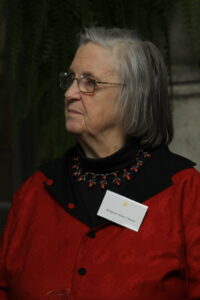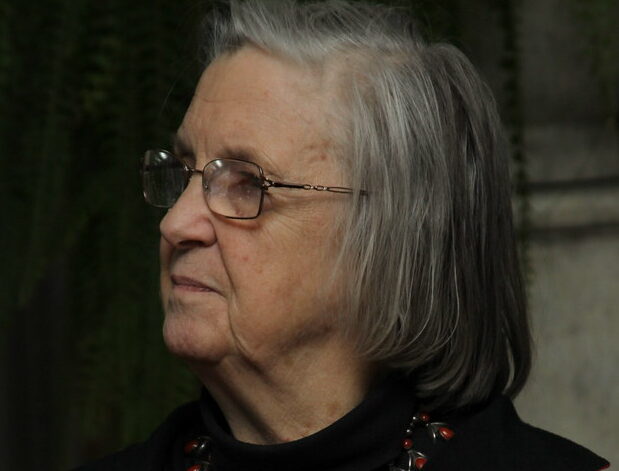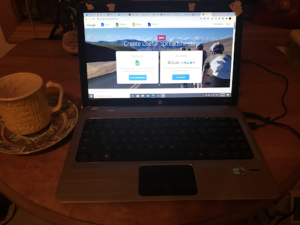As a graduate student and a young professional, I’ve debated at what scale I should focus my environmental efforts. Global climate change and environmental degradation threaten individuals and have forced a global reckoning. I’ve oscillated between believing in sweeping international movements and finding hope in making changes I can see locally.
Lately, I’ve dived into my longstanding interest in the local. I’m working on an up-and-coming civic engagement and ecological community resilience initiative sponsored by the New World Foundation. I’m collaborating with a team of Hudson Valley environmentalists from a variety of disciplines, joining in on projects related to:
- Climate-smart communities
- An environmental voter campaign
- Electoral research to support local environmentally conscious senators and assembly members
- And my main work, curating a set of tools and resources that promote self-sufficiency and sustainability that will be for community use
An example of a deliverable I created is a spreadsheet for our electoral project. I researched all the colleges and universities in the Hudson Valley, their respective senators and assembly members, their environmental voting track record, and a few other details.
This spreadsheet will help our team decide what college campuses we should work with to get out the vote for the environment. I’ve joined several Zoom meetings with local politicians and community leaders who we’re sharing our vision and plan of action with.
As much as I love theory and discussion, I realized many years ago that there are only so many academic papers I can read and classroom discussions I can have without feeling like I need to be doing more (where “more” for me usually means facilitating workshops, doing public art, farming, or advocacy). I picked Bard CEP for its attention to both academics and professional skills.
Now that I have some new tools under my belt after my first year of grad school, I’m applying myself more confidently alongside other people who care deeply about ecological and community resilience. The vision of well-connected, self-sufficient, economically equitable, sustainable, generous, and compassionate communities is not a unique vision to us. During my internship, I am looking forward to making and meeting environmental goals alongside the wisdom-holders and environmentally conscious adults and children of the area.
In Professor Monique Segarra’s environmental policy classes last year, my cohort discussed political scale and how different levels of governance and strategizing can shape our socio-ecological realities. Working at this self-organized initiative with so many “nested enterprises” makes me think on our discussions about how the commons can sometimes be best governed when decentralized with many different loci of decision-making, diverse types of actors, and adaptive strategies (E. Ostrom, 2005).

Courtesy of US Embassy Sweden.
Dr. Elinor Ostrom, in chapter nine of Understanding Institutional Diversity, presents the reasons why self-organized systems can sustain robust socio-ecological systems. She says “self-organizing arrangements enable people to learn more about one another’s needs and the ecology around them. Learning problem-solving skills in a local context generates citizens with more general problem solving skills that enables them to reach out and more effectively examine far-reaching problems that affect all peoples living on this earth. (2005)” As if her words echoed out of my consciousness, this statement defines my internship experience so far. My work is helping me chip away at the question of where I should be right now and what is most impactful, fulfilling, and needed right now for me and others.
It feels rewarding to be doing work that’s community-facing right now. It’s easy to lose sight of joy and hope in a year marked by growing uncertainty, social isolation, and a new international consciousness of anti-Blackness, racism, and classism that continues to pervade in our societies.
I want to learn how I can use my voice not only for myself. I am a student, so I can learn how to stand for others who also want and need policy and public opinion changes that will bring critical environmental justice.
Keep your eyes on the horizon because there is a lot of work to be done, and we will be needing all hands on deck.


